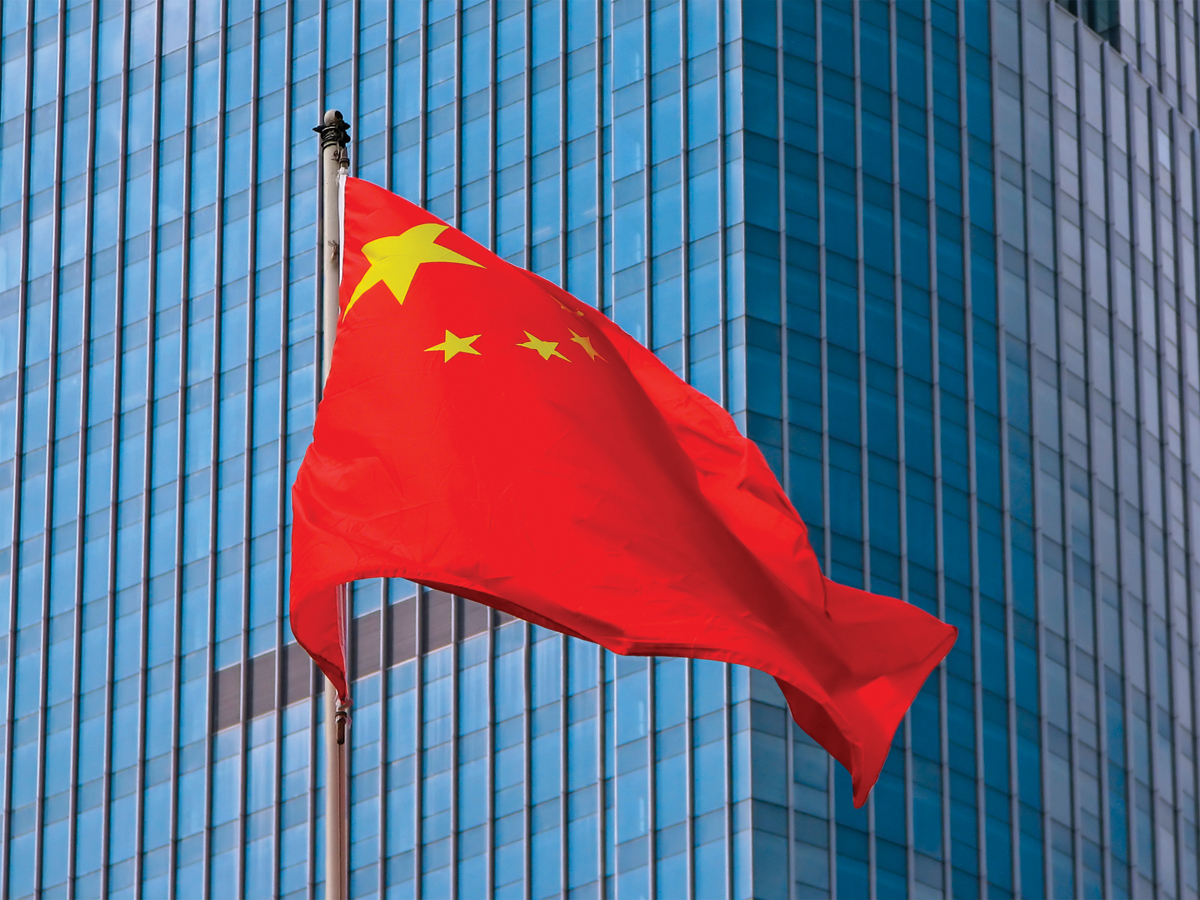Blog
BLOG: China’s economy – still a concern?

John Redwood of Charles Stanley asks whether investors should be concerned about developments in China.
What are some of the developments in China?
President Xi has set out to double Chinese average incomes between 2010 and 2020 and China also wishes to improve the quality of life, which means in particular tackling the high levels of air pollution in many Chinese cities. Coal based electricity is being partly displaced by hydro and other cleaner methods of production and coal output fell by 3.5% last year, the second year of decline.
Steel output also dropped. The government now plans closures of up to 150 million tonnes of steel capacity, considerably more than the complete capacity of Western Europe’s remaining steel industry. Mines too are under review.
Car output last year continued to expand as more consumers became able to afford a car, but commercial vehicle production fell again. Last year saw 3.4 million commercial vehicles come out of Chinese factories, compared to 4.3 million in 2010.
The service sector is expanding and there are more retail sales as wages rise. Services are in demand alongside products in the shops.
What does this all mean?
So far this growth has not been enough to sustain the overall levels of growth Chinese people have come to expect. As a result, the government has continued to encourage or allow credit expansion and further investment, in a country famed for its very high levels of investment already.
Critics of China in world markets now like to point out that China is sustaining a higher level of investment for longer than other countries did at a comparable state in their economic development.
They also argue that China now is spending far too much on new investment to gain modest advances in national income and output. Latest investments on average are not very rewarding and may be difficult to repay where they are debt financed.
It is also fashionable to worry about the rapid build-up of China’s debts. Some of the worry is overdone. China is not heavily indebted abroad, so she does not face the kind of debt crisis many emerging countries faced around the turn of the century when they found they could not afford all the foreign currency loans they had taken out.
Weakness in their domestic currency then aggravates the problem, ballooning the amount the borrowing country has to repay as measured in the home money. China still has a very strong foreign exchange reserve position, even after large outflows over the last year. China has experienced a rapid rise in debt, but it owes the money to itself.
As the state seeks stronger controls over the banks, a shadow banking system has developed to lend money off the balance sheet of the main established banks.
There is also now a network of wealth management products that take in savers money to invest it in longer-term ways which may prove in some cases to be illiquid should investors want their money back.
It is true that on the official figures there has been a rapid increase in private-sector borrowing, especially by companies. Local government too has taken on a lot more debt to finance investment projects. The central government itself is not heavily in debt, but has spent considerable sums with others on intervening in the stock market last year to prevent a worse collapse. The state banks may need more capital and loan write offs which may become a further claim on taxpayers.
In their wish to cushion the impact of industrial production cuts, the government has allowed further investment and borrowing. The service sector is growing well and is now more than 50% of the economy in total, but this growth was not sufficient without further investment stimulus to hit the overall growth target for the economy as a whole.
So how worried should investors be?
It still seems to us more likely the Chinese administration will manage affairs to avoid a banking crash and to avoid a recession. They have plenty of policy measures at their disposal, and the strong balance sheet of the state itself and the high level of foreign exchange reserves are comforting.
However, the high gearing levels of Chinese companies, the poor profitability of a wide range of companies and sectors, and the need for further capacity cuts in the manufacturing areas is not good news for Chinese shares on the domestic market. Nor is the weak position of the banks helpful.
We continue to advise avoiding the Chinese domestic market. There is still some way to go to unwind all the special interventions made during last summer’s boom and decline, and more bad news to come on bank capital, bad loans and the pains of economic transition.
John Redwood is a global investment strategist at Charles Stanley